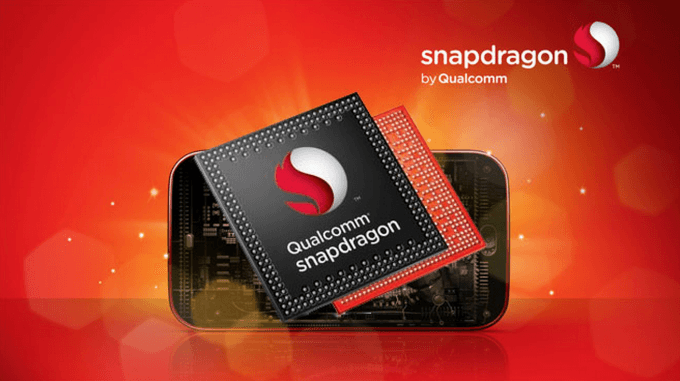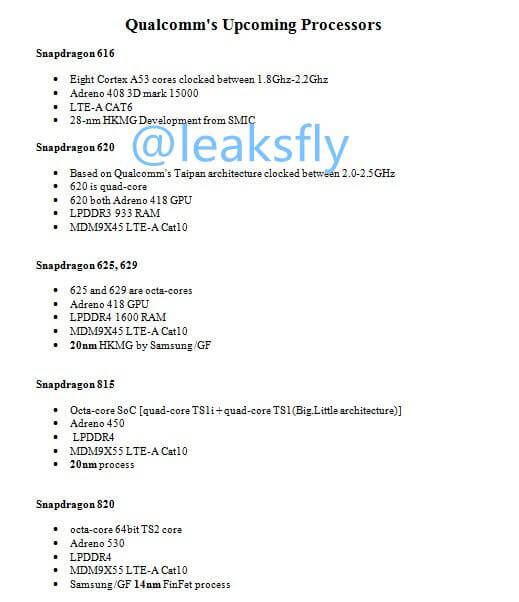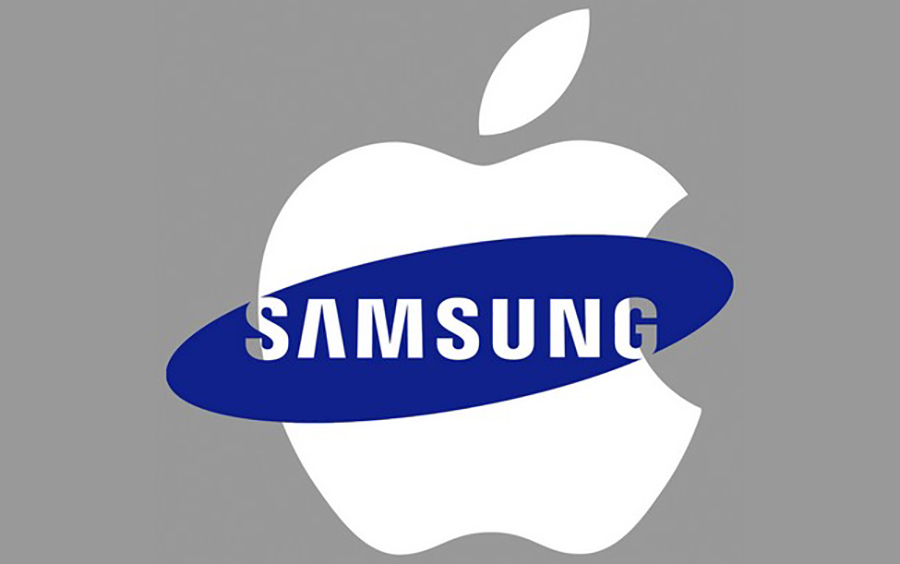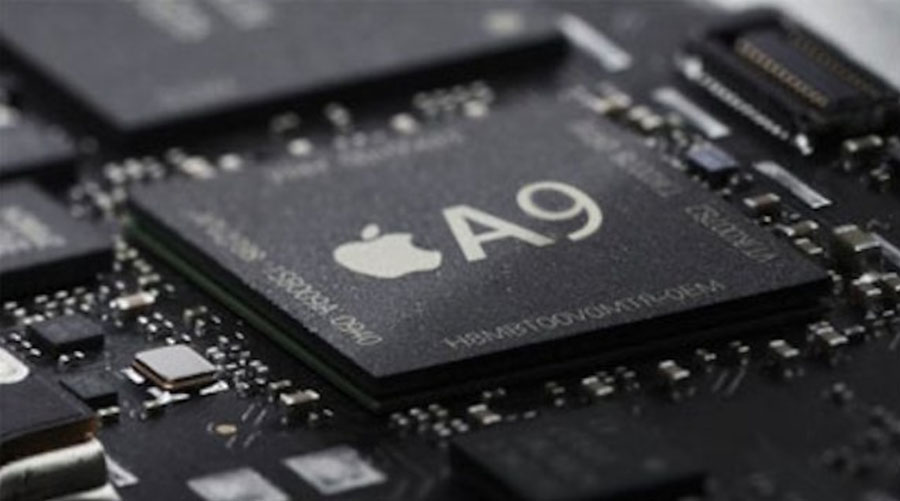Search result

Samsung has officially unveiled its next generation of chips at their Device Solutions America Headquarters and they are based on both 14nm, as well as 10nm processes. Now we know where all that investment into their semiconductor business went to. Additionally, they also unveiled their new generation of 7nm Extreme Ultraviolet Lithography (EUV) wafer that will allow for precise patterning on chips, without needing to opt for more than just a single pattern.
The 14LPU process will improve over the current gen 14nm chips by providing them with a boost in performance without exceeding the allotted power quota. Processors enabled by these new 14nm chips will be able to provide high performance for long stretches at a time. The 10LPU process on the other hand, will make the next gen chips smaller than its predecessors; the 10LPE and 10LLP chips. The boost in performance is not highlighted as significant, but they will be cheaper to manufacture and will provide better power efficiency when used inside the new processors. Will the new tech be introduced with the Snapdragon 830 (rumored to be produced by Samsung)? Or will we see them exclusively in the new generation of the Exynos processors? We will find out soon.
Saikat Kar (tech-enthusiast)

Qualcomm's 2015 roadmap has been leaked, the company is working on improving its Snapdragon processor that will run the best device of 2015. The star of the H2 2015 show is the successor to the current Snapdragon 810 system chip: the Snapdragon 820.
Alleged specifications for the upcoming system chip show two key advancements: a quick transition to 14nm FinFet manufacturing at Samsung and GlobalFoundries fabs, and the roll-out of what seems like the first custom Qualcomm 64-bit CPU cores under the Taipan architecture.

Qualcomm has dominated the market in the past three years with its Snapdragon chips featuring Krait CPU cores found in most major flagships, but the need for a quick transition to 64-bit chips coincided with the end of life for Krait, forcing the company to release the Snapdragon 810 without its own custom core. The Snapdragon 820 is expected to feature an octa-core setup with eight TS2 high-performance cores.
Other Snapdragon 820 features include a new Adreno 530 GPU, support for the faster LPDDR4 RAM, as well as a advanced MDM9X55 LTE-A Cat.10 Qualcomm modem.

Apple always chooses Samsung as its main Hardware chipset manufacturer, Both companies worked together on A6, A7 and A8 chips. According to Etnews, Samsung started making the Apple A9 chipset using a 14nm FinFET design. Apple A9 chips will be included inside the upcoming iPhone / iPad devices Next year (2015).
Samsung has two plants capable of making this chip, but for an unannounced reason it will only be making the A9 in Austin, Texas. Work on that plant was started in late 2012 with a $3.9 Billion investment, specifically with the idea of making Apple chipsets.

TSMC will not let go of the lucrative Apple deal easily and has a competing 16nm FinFET Plus process ready to go. Even though TSMC made the bulk of Apple A8 chips, Samsung still got a cut so sourcing the new chipset from two companies is quite likely.
© 2023 YouMobile Inc. All rights reserved





